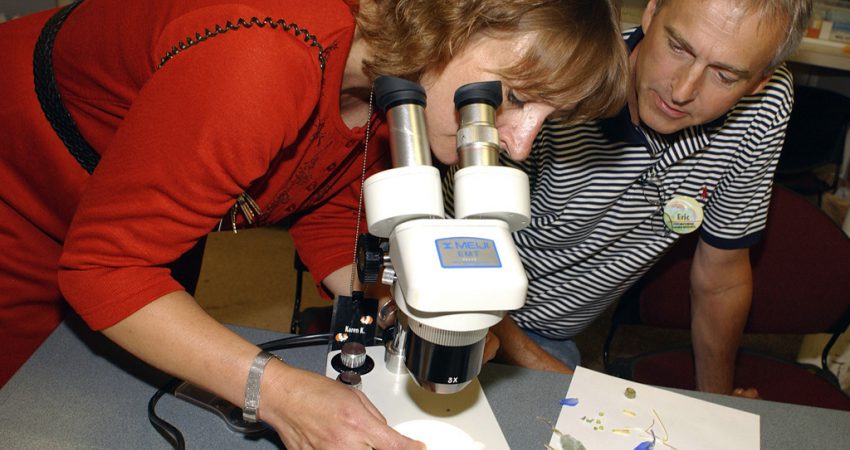
By Suzanne Perin - May 2011
PAPER CITATION
Falk, J. H., & Storksdieck, M. (2010). Science learning in a leisure setting. Journal of Research in Science Teaching, 47(2), 194–212.
WHY IT MATTERS TO YOU
ISE educators may operate with the assumption that visitors come to the museum for learning, but this research shows that, two years later, what these adult visitors remember is linked to their motivations for their visit.
What Is The Issue?
Their motivations are based on their identities, which the authors break into five categories: explorers, facilitators, professional/hobbyists, experience seekers, and rechargers (see “For More Information”). This article shows that what museum visitors learn, remember about their experience, and its subsequent impact are directly influenced by how the museum meets the identity-related needs and motivations of these learners.
What Was The Study?
Randomly selected adult visitors to a biology-themed exhibition at a large urban science center were interviewed before they entered the exhibit area, tracked and observed during the visit, interviewed immediately after and then again two years after the visit. The article features four of the 52 interviews the researchers conducted two years after the visit, portraying typical responses of the “Explorer” and “Facilitator” categories (Falk 2006). Each case included portions of the narrative from the participant and the researchers’ analysis.
What Were The Findings?
The case study analysis sorted interview responses by four criteria that included: what types of motivations were expressed for visiting and how they indicated if those were satisfied in the visit (e.g., personal curiosity, answer questions, help family member learn); the expressed focus of the narrative, such as if the participant described his/her own experience or that of others in their group; the subject of the narrative by exhibit, whole science center, etc.; and the feelings of excitement, interest, helpfulness, or peacefulness expressed. The authors draw the following conclusions for ISE professionals:
- to attend to visitor’s learning needs, it is essential to consider visitors’ motivations for visiting and how these needs are manifested through action during a visit;
- visitors’ long-term memories of their museum visits are affected by their identity-related needs; and
- to better accomplish their goals, define their mission, and evaluate impacts, ISE professionals should better understand how the outcomes and processes of science learning differ depending on visitors’ identity-related needs.




